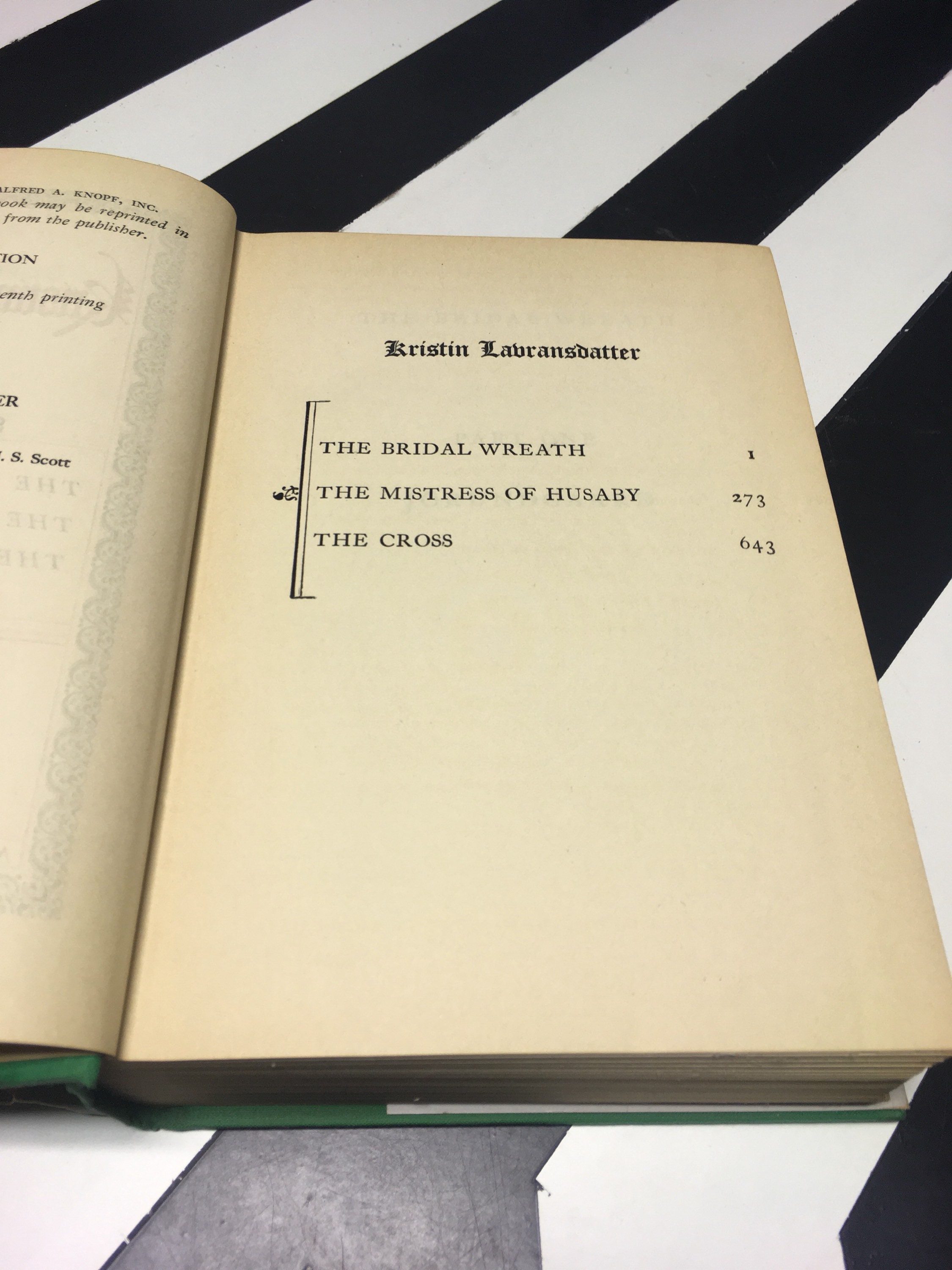


Undset was an uncommonly fine writer of fiction. Most famous for her later, historical fiction set in Catholic, medieval Scandinavia, Undset stands revealed with Jenny, her first major novel, as an unsparing, compassionate, magnificent realist, the creator of works that are at once thoroughly modern and of enduring interest. This new translation by Tiina Nunnally captures the fresh, vivid style of Undset s writing and restores passages omitted from the only previous edition to appear in English, which was published in 1921. Undset’s portrayal of a woman struggling toward independence and fulfillment is written with an unflinching, clear eyed honesty that renders her story as compelling today as it was nearly a century ago. After falling into an affair with the married father of a would be suitor, Jenny has a baby out of wedlock and decides to raise the child on her own. The novel tells the story of Jenny Winge, a talented Norwegian painter who goes to Rome to seek artistic inspiration but ultimately betrays her own ambitions and ideals.

When Jenny was published in 1911, Undset found herself called immoral this is a side of the free, artistic life that the vast majority of citizens would rather not know. In the more than 75 years since it was first published, it has also become a favorite throughout the world. Kristin Lavransdatter became a touchstone for Undset’s contemporaries, and continues to be widely read by Norwegians today. Granted independence in 1905 after five hundred years of foreign domination, Norway was eager to reclaim its national history and culture. Undset’s ability to present a meticulously accurate historical portrait without sacrificing the poetry and narrative drive of masterful storytelling was particularly significant in her homeland. In addition, she restores key passages left out of that edition. Nunnally, an award winning translator, retains the natural dialog and lyrical flow of the original Norwegian, with its echoes of Old Norse legends, while deftly avoiding the stilted language and false archaisms of Archer’s translation. Her grasp of the connections between past and present and of human nature itself, combined with the extraordinary quality of her writing, sets her works far above the genre of ‘historical novels.’ This new translation by Tina Nunnally the first English version since Charles Archer’s translation in the 1920s captures Undset’s strengths as a stylist. Undset’s own life her familiarity with Norse sagas and folklore and with a wide range of medieval literature, her experiences as a daughter, wife, and mother, and her deep religious faith profoundly influenced her writing. The trilogy, however, is more than a journey into the past. In Kristin Lavransdatter 1920 1922, Sigrid Undset interweaves political, social, and religious history with the daily aspects of family life to create a colorful, richly detailed tapestry of Norway during the fourteenth century.


 0 kommentar(er)
0 kommentar(er)
